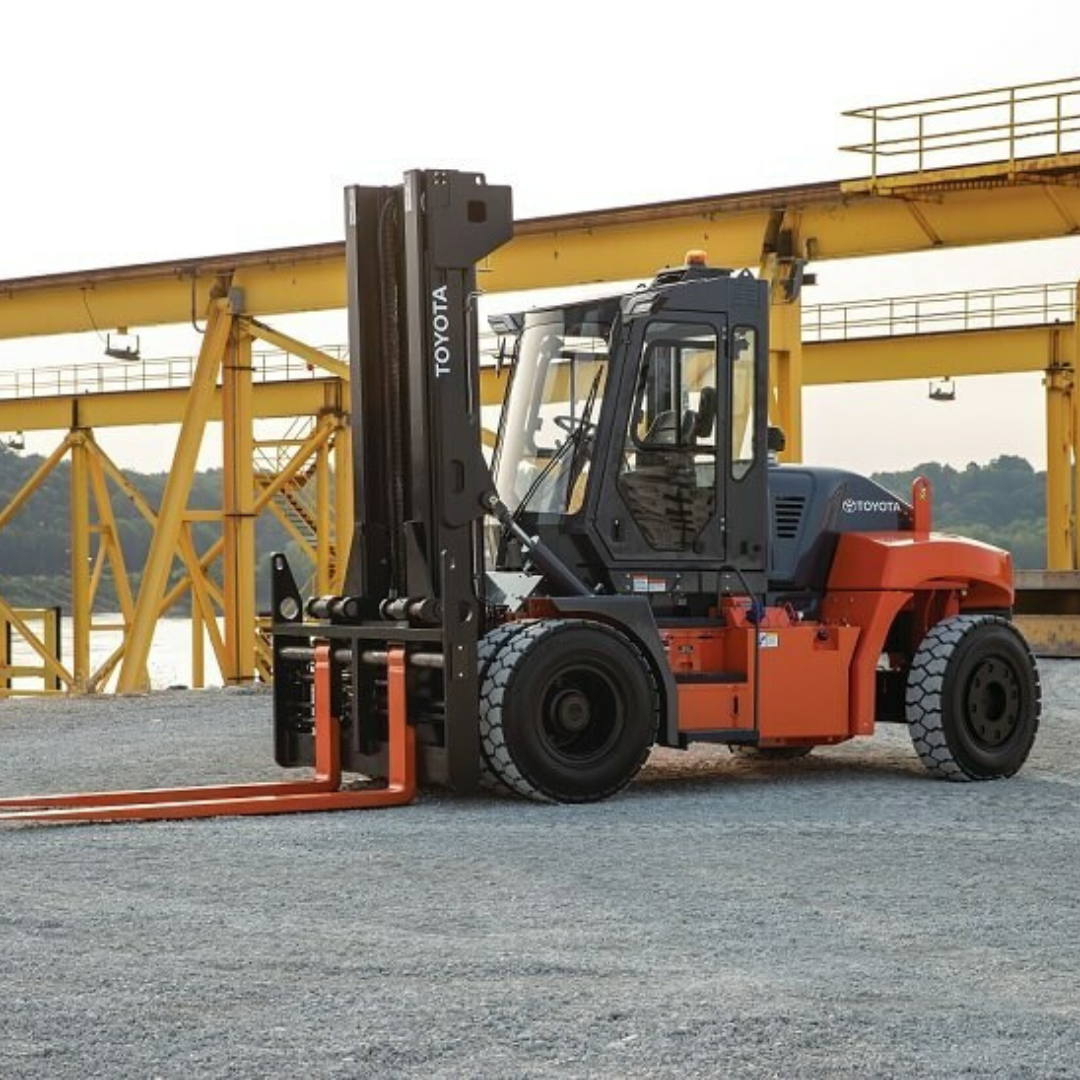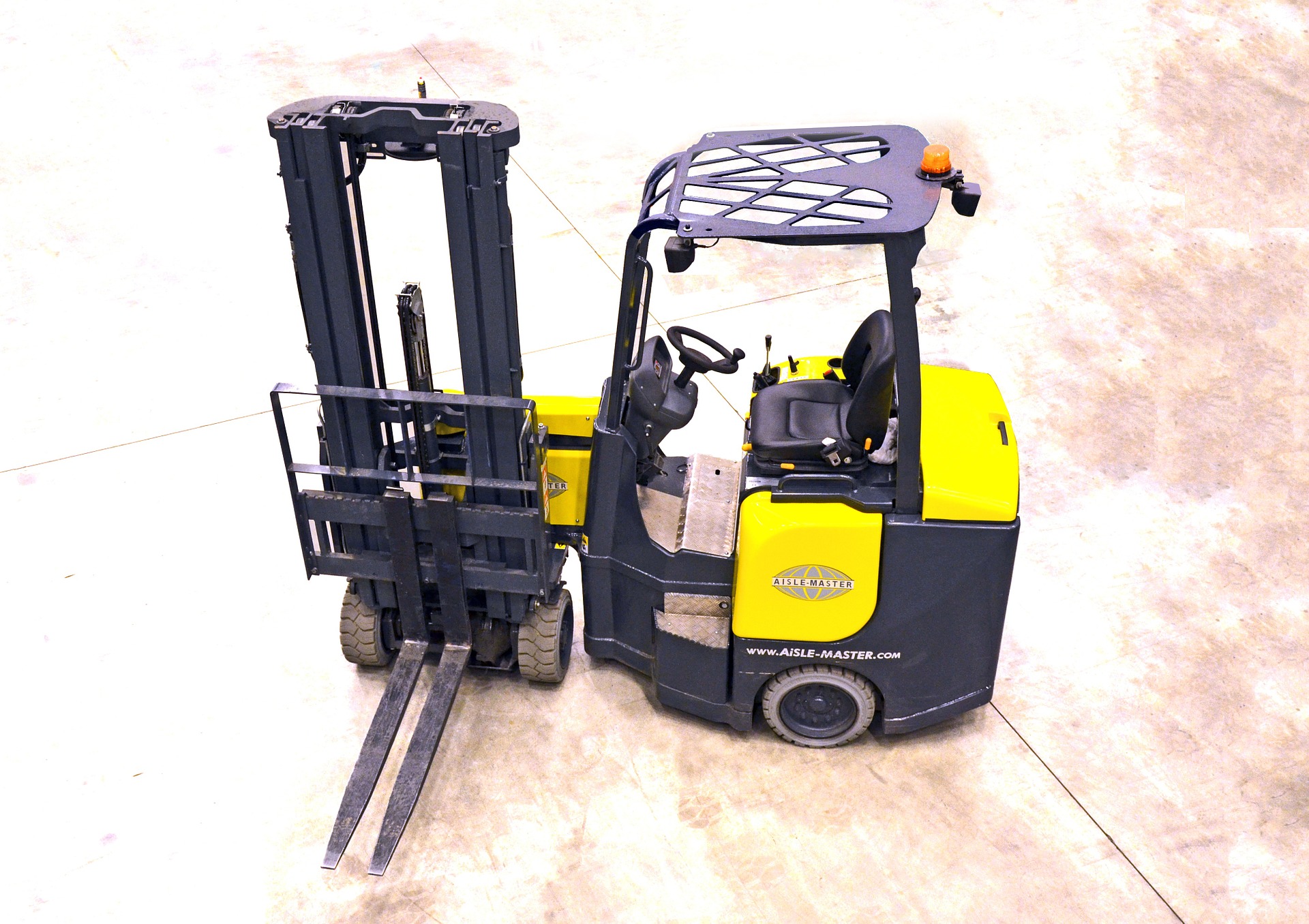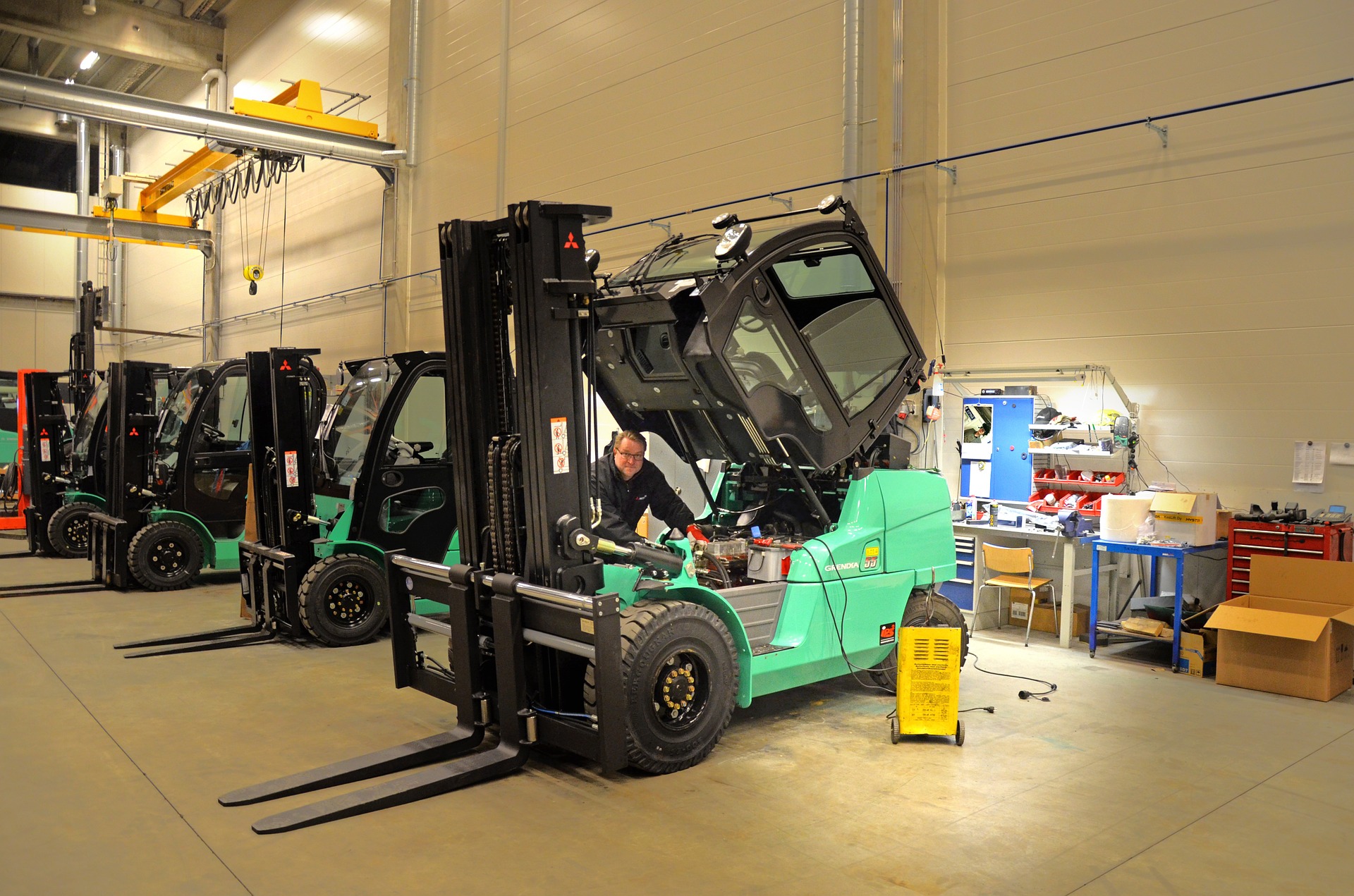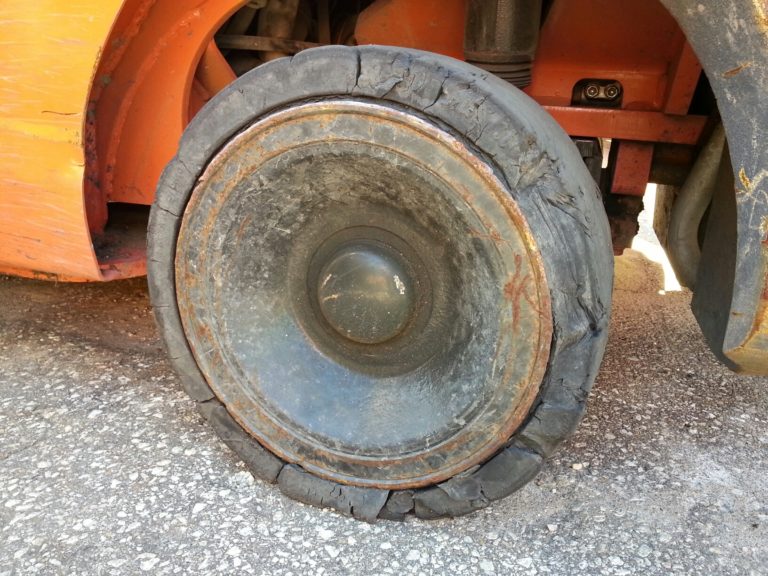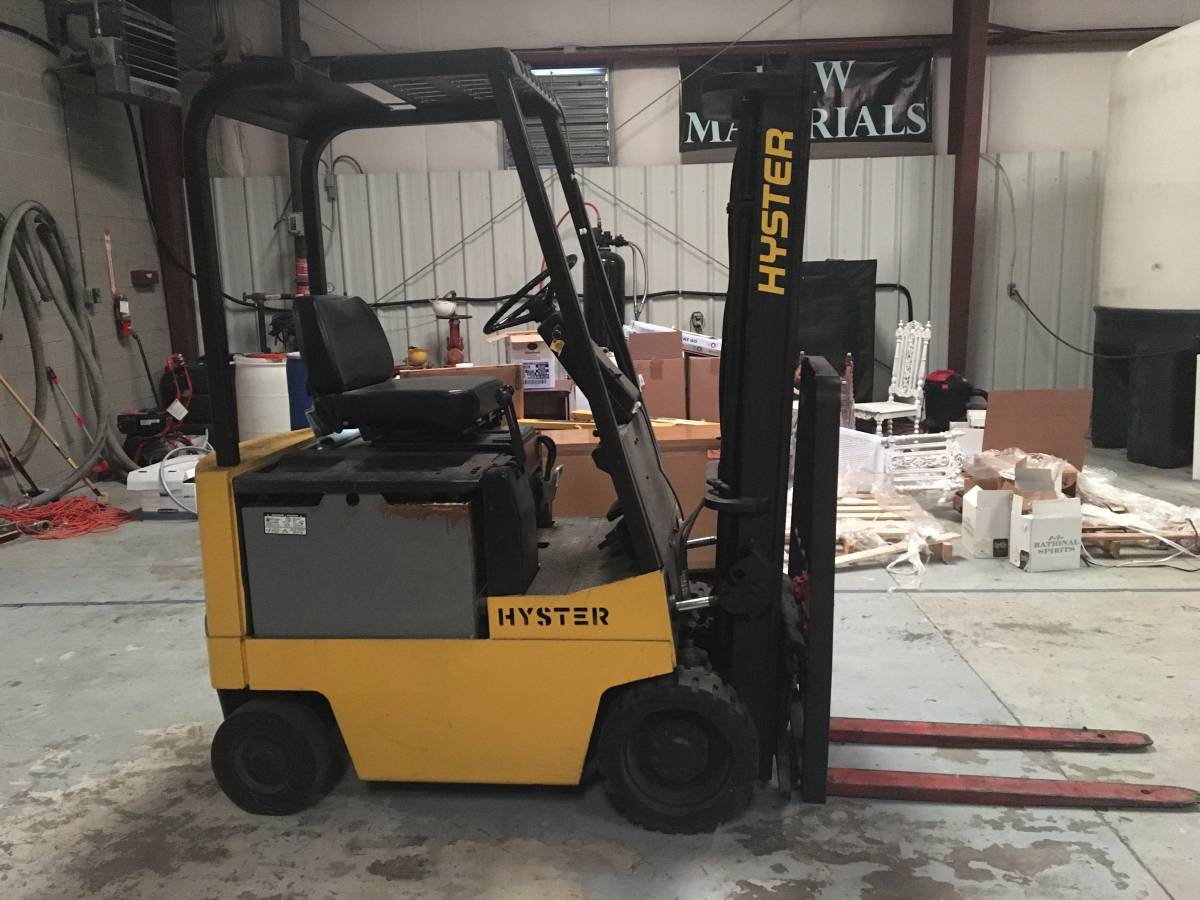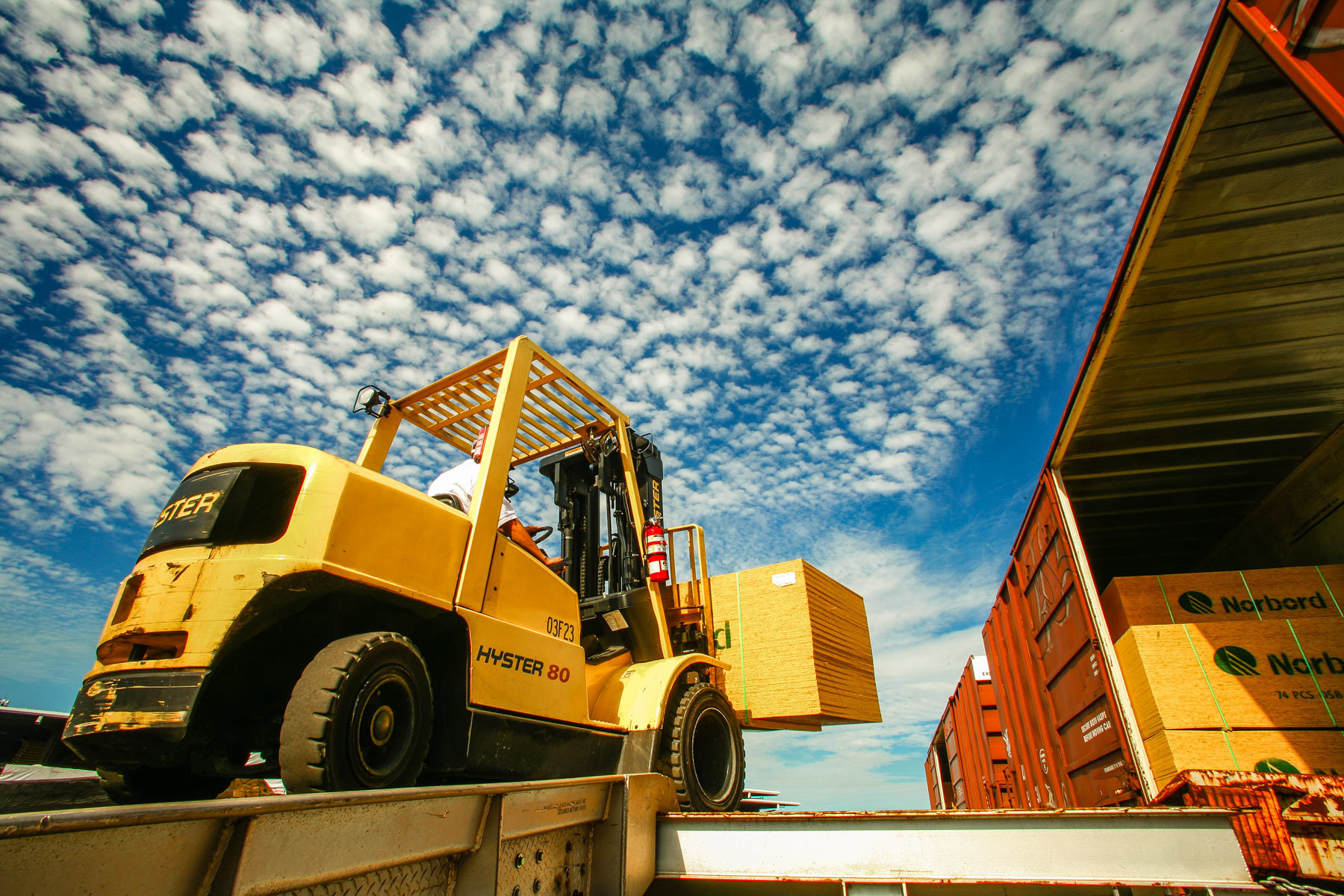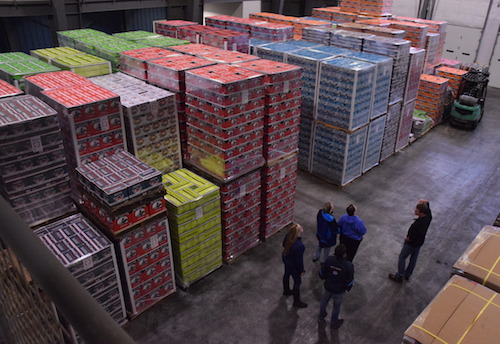Handling used forklifts with care may seem easy, but there are many tips and tricks behind the magic! A warehouse houses the rapid movement of goods. It also houses the efficient transportation of heavy items.
Forklifts make work faster and better, but they can be tricky to use. This is even more true for forklifts that aren’t new or second-hand. That is why we’re sharing the details you need on training and forklift certifcaiton.
Ensuring the safe operation of used forklifts is both recommended and necessary. Keep reading to learn about the most important part of using a forklift: training!
Safety When Handling Used Forklifts With Care
A forklift, whether brand new or used, is a heavy piece of machinery. When not operated right, it can pose risks to the operator and the goods it’s transporting. The stakes are even higher with used forklifts.
Wear and tear over the years can introduce unique challenges. Proper training ensures operators can handle these situations. That way you ensure a safe and efficient environment.
Handling Used Forklifts With Care
Even though forklifts often work the same way, used ones often have small, unique issues. It could be a delayed response in the steering, or a particular lever requires a bit more force than usual. Training programs address these unique challenges.
They teach operators to recognize and adapt to them.
Training: What to Expect
A forklift training program, especially for used machines covers:
- The Basics: That includes understanding different forklift parts. Also, safety protocols, and the science behind it.
- Hands-on Training: Knowing the basics isn’t enough. Operators go through real-life scenarios, operating the forklift under expert supervision.
- Maintenance Insights: Especially crucial for used forklifts. Operators learn about routine checks, understanding wear patterns, and basic maintenance. These tasks help to keep the machine in top shape.
- Emergency Protocols: Accidents, although avoided as much as possible, can happen. Training ensures operators know how to handle emergencies. From quick machine shutdowns to evacuation protocols.
Certification: A Testament to Skill
Once the training is complete, operators undergo assessments. On passing these, they’re awarded a certification. This is a testament to their skill and understanding of forklift operations.
This certification isn’t only a piece of paper; it’s an assurance of safety. Many industries mandate certified operators, especially for liability and insurance reasons.
Periodic Refresher Courses
The world of forklifts, even in the used market, is ever-evolving. New safety protocols, technological upgrades, or even changes in operational best practices emerge. Refresher courses ensure that certified operators stay abreast of these changes.
It’s a continuous journey of learning and adapting. Continuous learning ensures that safety and efficiency go hand in hand.
Legality and Industry Standards
Many regions have strict legal guidelines around forklift operations. Proper training and certification aren’t about safety but also about compliance. Non-compliance can lead to hefty fines and potential legal actions.
Moreover, industry standards, often need certified forklift operators. This is especially true in sectors like manufacturing, logistics, or construction.
Role of Employers in Ensuring Forklift Safety
Forklift safety isn’t only the operator’s responsibility; employers have a big role too. By providing the best training, improves safety. This includes maintaining forklifts, and promoting a safety-first culture as well.
It’s essential for used forklifts to have safety features like alarms and lights. When employers focus on safety, it makes the workplace safer and reduces accidents.
Building Confidence with Training
Training for forklifts is about building confidence. Operating big machines can be intimidating, especially for beginners. Through thorough training and certification, operators become more confident and respectful of equipment.
This leads to safer and smoother work. In short, a well-trained operator is both skilled and mentally ready for the job.
Adapting to Different Models and Makes
Used forklifts come in a plethora of models, makes, and configurations. An operator skilled in one model might find another model different. Recognizing this, advanced training modules often expose operators to a variety of forklifts.
By understanding the differences across various models, operators can transition between different forklifts. This ensure productivity without compromising on safety.
Financial Benefits of Handling Used Forklifts With Care and Training
On the surface, training and certification programs seem like an added expense. Yet, in the long run, these programs offer many financial benefits. Well-trained operators use forklifts more in an efficient way.
They reduce wear and tear, and in turn, maintenance costs. Furthermore, a reduction in workplace accidents means fewer compensations and potential legal fees. The upfront investment in training, thus, pays dividends over time.
That is both in reduced expenses and enhanced operational efficiency.
Impact of Technology in Forklift Training
Now, training uses computers and special games to teach forklift driving. This is a fun way to learn and practice safety. Trainees can now put on VR headsets.
These headsets allow them to experience a full simulation of forklift operations. That way they can encounter various scenarios, terrains, and challenges. That is within the safety of a controlled environment.
These technological aids help with training. They also allow trainers to introduce tough situations that are risky in the real world. This ensures operators are well-equipped for any eventuality.
Community and Peer Learning
Apart from classes, talking with other forklift drivers is helpful. They can share tips and experiences that are very useful. Experienced forklift operators have a wealth of knowledge!
They have little tricks of the trade to insights on specific used forklift models. Encouraging a culture of knowledge-sharing and mentorship can enhance the learning experience. Periodic community meetups, forums, or even digital platforms can be invaluable.
Here, operators can share experiences, discuss challenges, and devise solutions. All these qualities foster an environment of continuous learning and camaraderie.
Tips and Tricks for Handling Used Forklifts with Care
There you have! The top tips to consider when being a routine for handling used forklifts with care. The demand for used forklifts is growing.
This is more true as businesses look for cost-effective ways to move heavy items. Yet, whether new or used, the main goal with a forklift is safety. Training and certification programs teach operators to understand these machines.
It’s more than shifting goods. You want to ensure that you and your employees are using the forklift right. It’s also about operating forklifts in a safe way in every action.
Certified and ready to drive? 123Forklift has several forklift options for all business needs! Reach out today to get started.
Blog Source: Training and Certification: Handling Used Forklifts with Care
